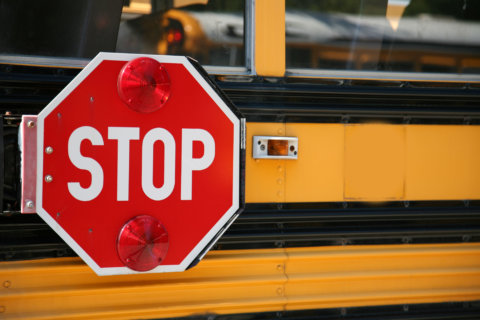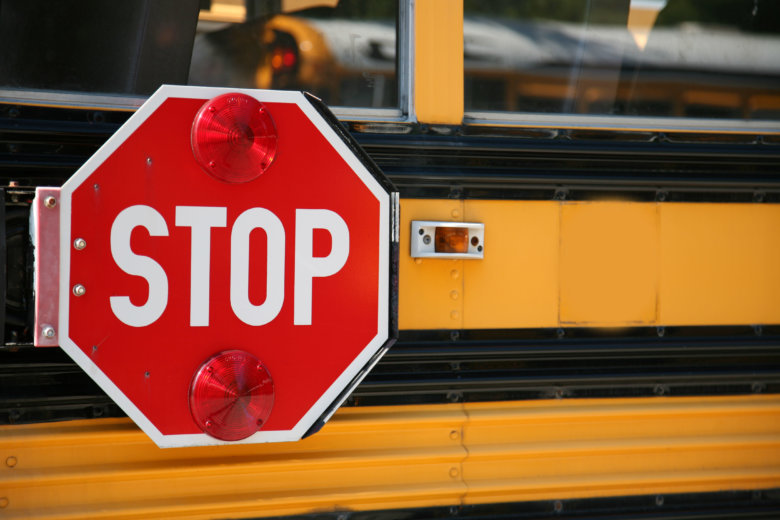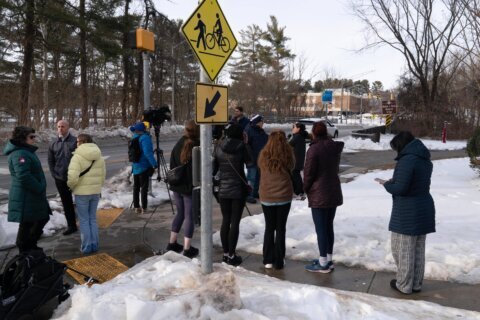
WASHINGTON — A program that gives teachers a heads up when one of their students has witnessed or experienced trauma will be adopted by more Maryland school districts this year.
It’s called Handle With Care, and it was first put to use in 2013 in Charleston, West Virginia.
Last year, Washington County Public Schools became the first in Maryland to test the program. Charles County Public Schools are using it this year, and schools in Anne Arundel, Carroll, Cecil, Frederick and Harford counties are expected to as well. According to the Handle With Care Maryland website, the program is under development in Baltimore City and Baltimore County Public Schools.
It works like this: If a law enforcement officer responds to a call and finds a child who has witnessed a traumatic event the officer will identify the child and send a confidential message to their school. No details of what happened to the child are shared with the school, only the child’s name and the words “handle with care.”
“All they would know is just to handle them with care, so that they can possibly put resources in place — school counselors, school psychologists — to be on the watch,” Kathy Kiessling, Director of Student Services for Charles County Public Schools said at a town hall meeting last week. “Children are coming more and more to school with many different traumatic events happening in their life.”
In February, Governor Larry Hogan announced that the Handle With Care program would be implemented statewide. In May, more than 300 people from around the state gathered for training funded by the Governor’s Office of Crime Control & Prevention.
“No child should have to undergo trauma of any kind, but when they do, we must do everything we can to support their recovery process,” said Hogan. “We are grateful for programs like Handle with Care, which help to mitigate the negative impacts of traumatic experiences on our children and allow them to achieve a better educational experience and quality of life.”
Watch a video from the U.S. Justice Department’s Office for Victims of Crime about how children are affected by trauma here:









